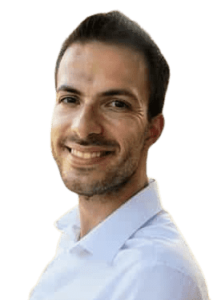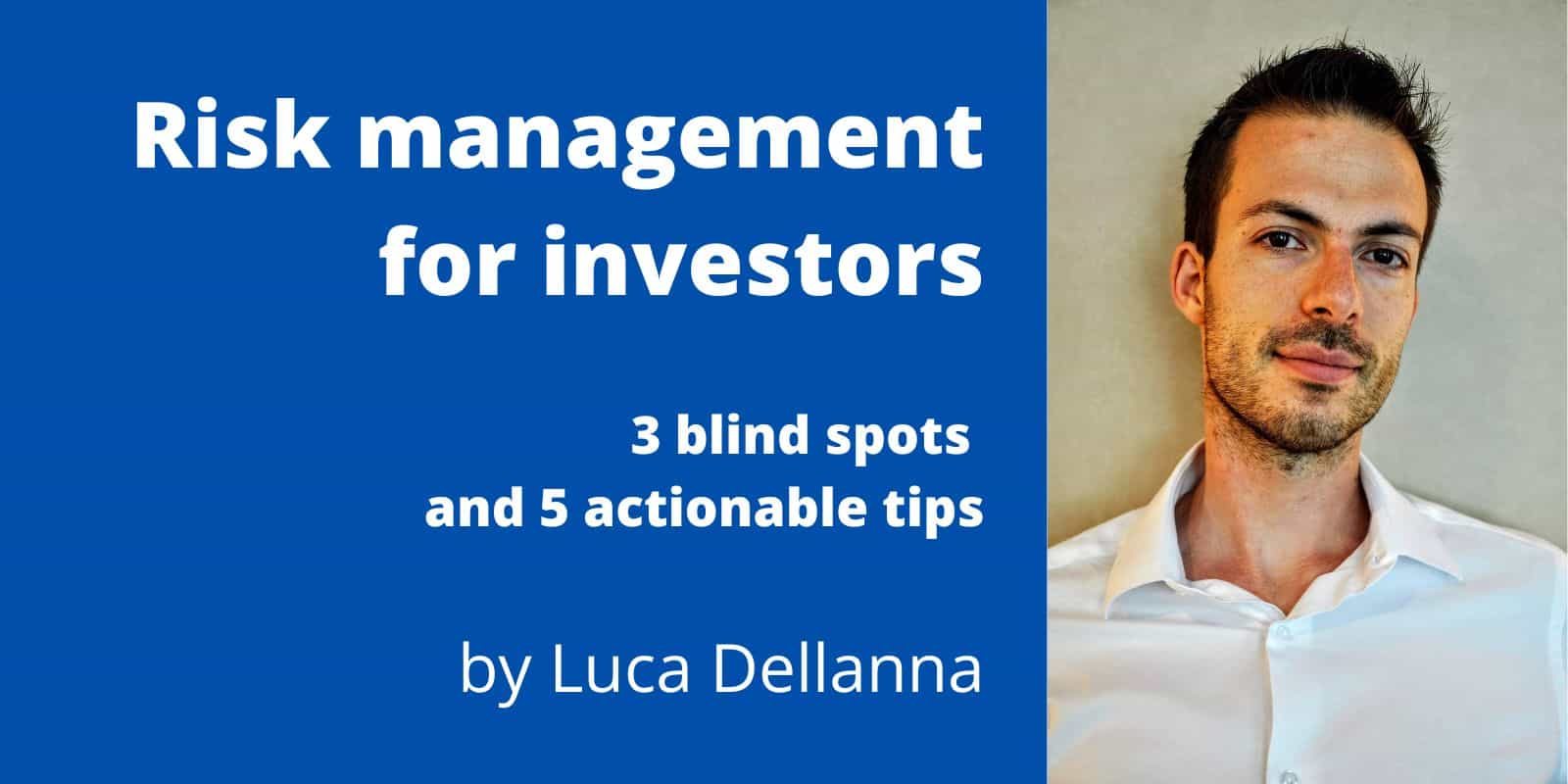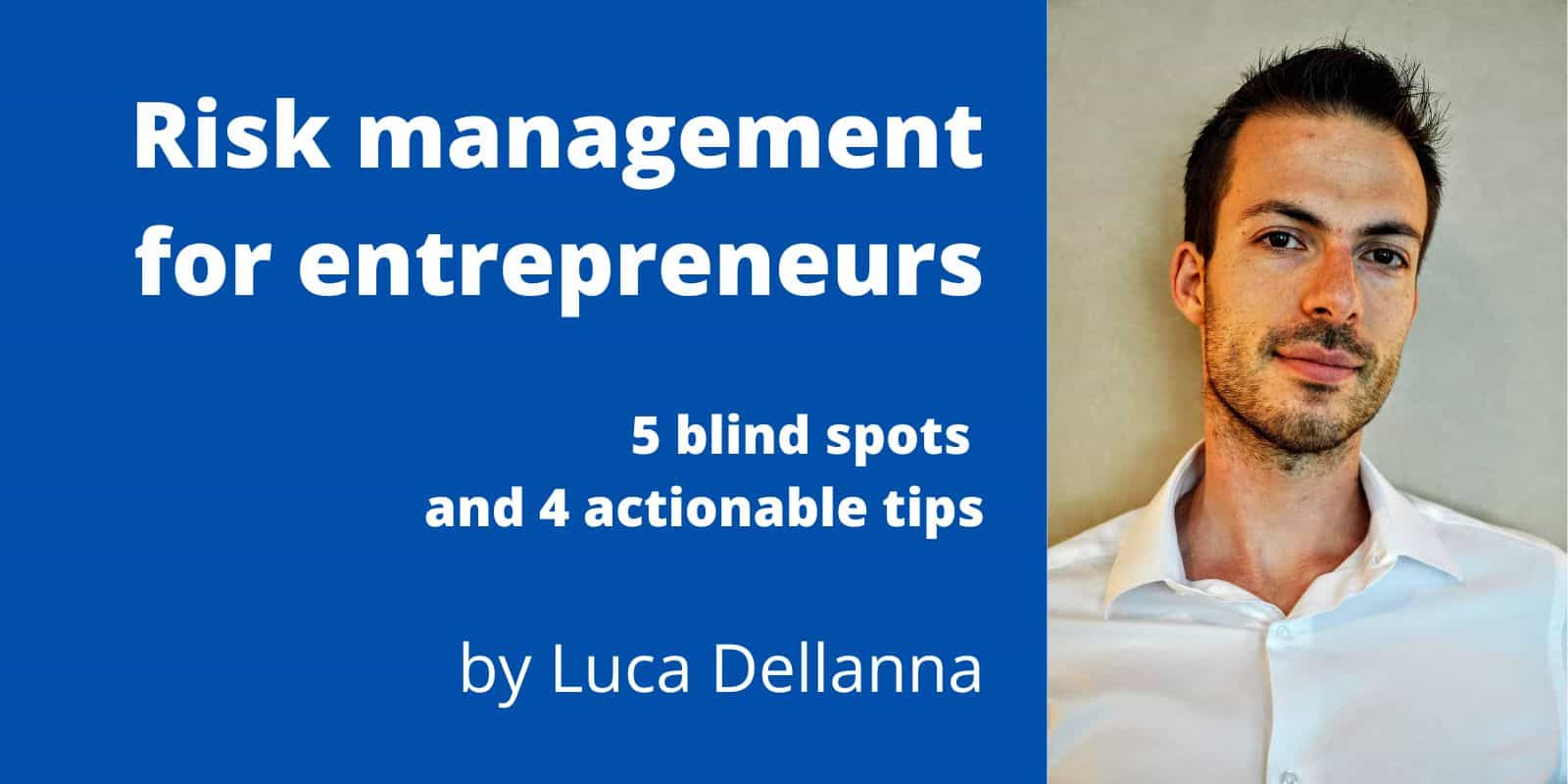The three blind spots of savvy investors when it comes to risk management and five actionable tips to address them.
Our judgement evolved for a slow, disconnected world. If members of a small community made mistakes that endangered it, most of the other communities would not be affected. No single mistake could wipe a full civilization. The variance of judgement between individuals – some brave, some prudent, some explorative, some conservatives – calibrated on the risk-taking side, for the downside was limited.
Today, in our connected global world, this does not hold true anymore.
Technology gives us unprecedented leverage, but the boundaries that made communities a sandbox in which to play disappeared – the world is now a global sandbox, for the most playful of us to enjoy, and for the most reckless of us to destroy. The boundaries of the consequences of our actions recently extended to the boundaries of our environment – a novel condition we did not adapt to yet.
The challenge we face as members of the human race, is to adapt to this novel condition before perishing from it. To adopt new values and new biases, even if we do not believe in them deep inside, because we did not adapt to them yet.
It’s hard, it’s unnatural, but it’s necessary. The current pandemic is showing us the need.
In the past, information was difficult for many to access, and few had the intellectual tools to make sense of it. Relying on institutions were necessary. Today, things are different. People began adapting. The recent distrust following the inadequate reactions of most governments and agencies is an example. People used the institutions to determine the nature of emergencies, and now use emergencies to determine the nature of institutions.
In the past, blind reliance on institutions was the way to go – because institutions were disconnected, and one’s mistake would not cause the other to do the same. Today, this is less true. Take the WHO. How many governments foolishly trusted their assessment of “moderate risk” during the first weeks of the epidemic? How many governments would have benefited from less dependence?
In the far past, localism was the only option. In the near past, globalism was the way to go – during the transition period of global growth in which attempting global interconnectedness was possible but still not a done thing. In the present, in which global interconnectedness is real, it is a threat for the human race.
We only have one option left: change our values, our innate tendency to explore and to connect that made us sail to reach the limits of our environment, precisely because it succeeded in doing so, and there is little room for mistakes left.
I’m aware of the challenges: the incentives for the human race is to slow down, but for individuals to speed up even faster. But unless we’ll solve this paradox, fast, we’ll find the solution to another one – Fermi’s.


